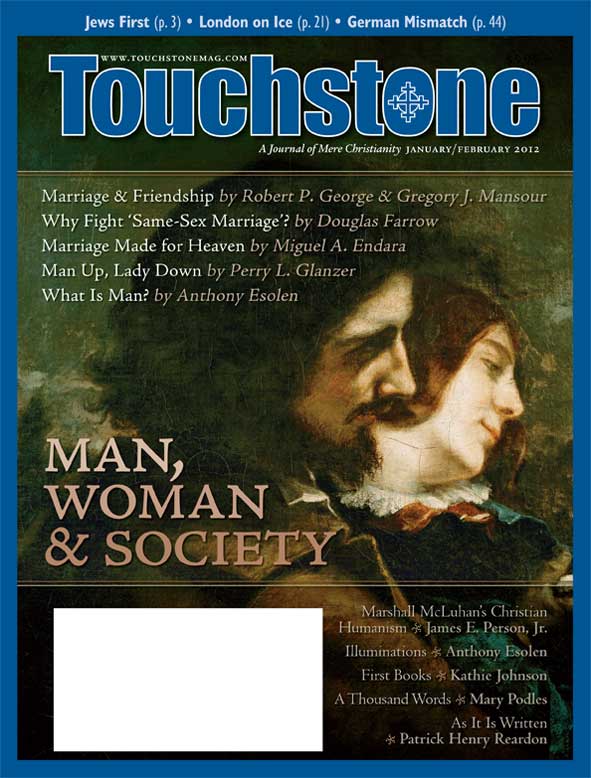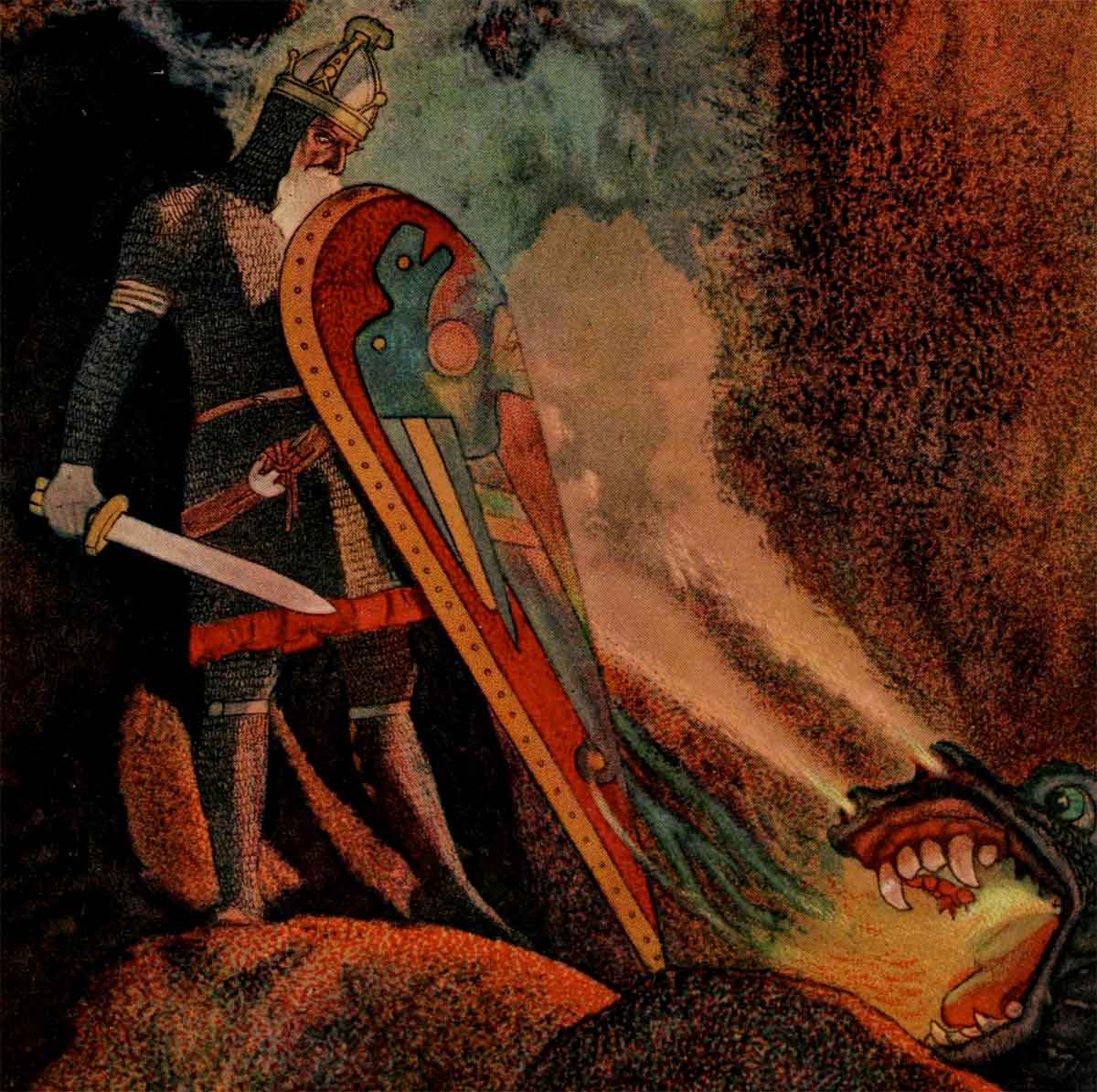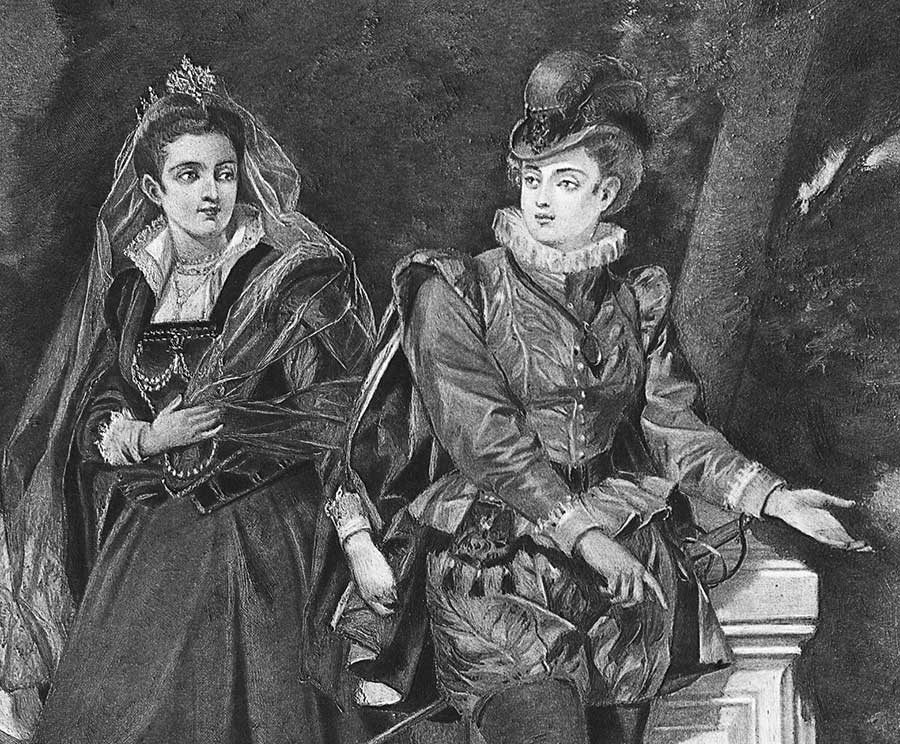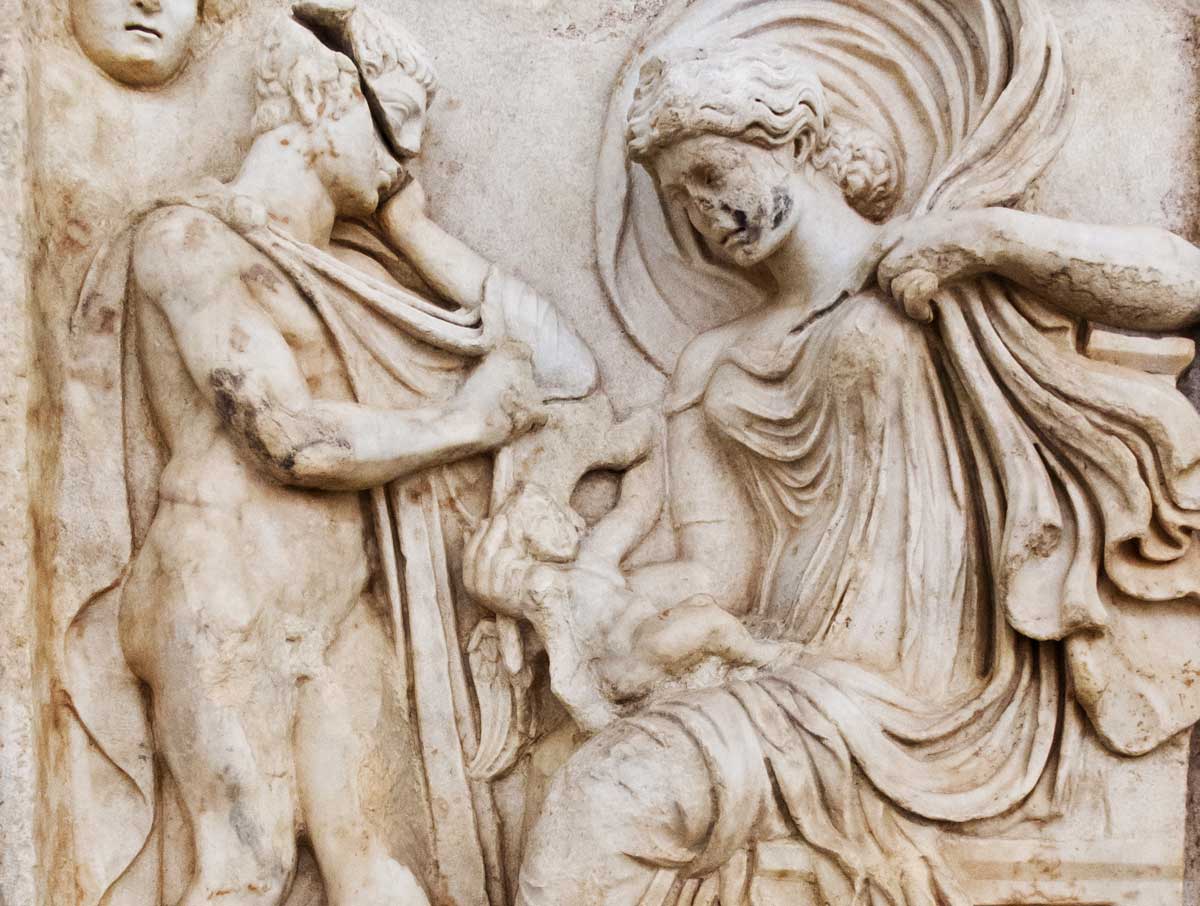View
Never Absolute Zero
David Haddon on Jack London’s Failure to Keep Morality Out of “To Build a Fire”
Dr. Louise Cowan, longtime professor of literature at the University of Dallas, taught that an analysis of a work of literature is not complete until the critic has evaluated it not only at the literal, allegorical, and moral levels, but also at the anagogic level—the critic must evaluate the work’s relation to ultimate spiritual reality. Thus, at the two highest levels, we must compare the morality and metaphysics discernable in an artist’s narrative with the moral order discernible in what C. S. Lewis called the Tao (or Natural Law) and with the order of creation revealed in Scripture.
Such criticism can help us see that an artist’s vision may—even against his intentions—reach beyond his personal ideology. For example, Rob Moll, an editor at Christianity Today, credits atheist Albert Camus’s insight that “we all have the plague” (in La Peste) with ultimately turning him back to Christian faith. Cowan insisted that the artists who wrote the classics of literature sometimes rose above the limitations of their metaphysics and reflected a reality superior to it.
THIS ARTICLE ONLY AVAILABLE TO SUBSCRIBERS.
FOR QUICK ACCESS:
David Haddon is an author from Redding, California, who has written for InterVarsity Press and Baker Book House and whose articles have appeared in Christianity Today, National Review, and Learning. He holds a B.S. in engineering from the University of California at Berkeley and an M.A. in politics and literature from the University of Dallas.
subscription options
Order
Print/Online Subscription

Get six issues (one year) of Touchstone PLUS full online access including pdf downloads for only $39.95. That's only $3.34 per month!
Order
Online Only
Subscription

Get a one-year full-access subscription to the Touchstone online archives for only $19.95. That's only $1.66 per month!
bulk subscriptions
Order Touchstone subscriptions in bulk and save $10 per sub! Each subscription includes 6 issues of Touchstone plus full online access to touchstonemag.com—including archives, videos, and pdf downloads of recent issues for only $29.95 each! Great for churches or study groups.
Transactions will be processed on a secure server.
more on literature from the online archives
more from the online archives
calling all readers
Please Donate
"There are magazines worth reading but few worth saving . . . Touchstone is just such a magazine."
—Alice von Hildebrand
"Here we do not concede one square millimeter of territory to falsehood, folly, contemporary sentimentality, or fashion. We speak the truth, and let God be our judge. . . . Touchstone is the one committedly Christian conservative journal."
—Anthony Esolen, Touchstone senior editor













